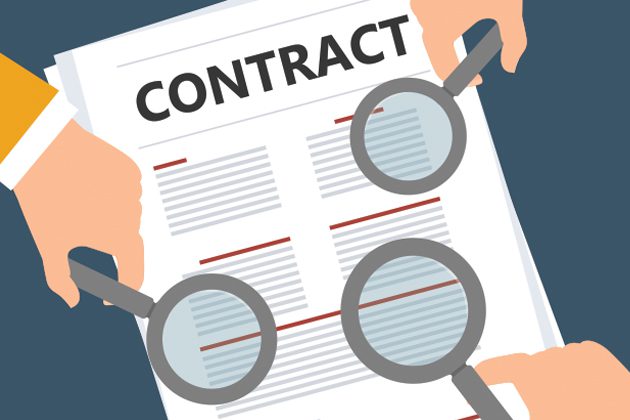Hurricane – Tips for Storm Preparation and Reactivation
PREPARATION
Should I drain my pool?
The number one rule: Do not empty your pool.
Keeping sufficient water levels in your pool provides the important weight to hold the sides and bottom in place, especially when heavy rains that accompany most storms raise the local water table. Pools which have been emptied may experience serious subsidence problems and could even be lifted off their foundation.
Should I lower the water level in my pool?
If your pool is properly equipped with adequate drains and skimmers and the surrounding area is properly drained, the water level can probably be left as it is.
In cases when surrounding structures might be damaged by the water before it can run off naturally, the experts recommend lowering the pool’s water level by one to two feet.
Should I do anything to the pool water chemistry?
Should I leave my automatic equipment and electrical systems turned on?
Should I take any special precautions with my decking and screens?
Should I throw my pool furniture into the pool?
Should commercial pool facilities take any additional special precautions?
Specialists in commercial pools remind owners / operators of the following points:
Stored chemicals should be removed to a safe, high and dry location. Remember, some chemicals, when mixed, can produce dangerous gases; others, if wetted can cause fires.
Sump pits should be cleaned and sump pumps should be checked. A portable gasoline-operated pump is helpful if power is not restored quickly.
Pools near apartment units / motel rooms should have water levels lowered by one to two feet if potential flooding is a factor.
Remove all loose items around the pool area including trash cans, ashtrays, nets, etc.
Equipment covers should be secured by being latched or bolted down.
REACTIVATION
How should I remove debris from the pool?
What about the electrical equipment?
Should I add chemicals again after the storm?
What about monitoring the system?
What about draining the pool after the storm?
Winterizing in Florida
Since it rarely freezes in Florida, you can cover the pool and reduce the filtration time per day and the amount of chemicals added. Pools today have many options to automate in cold weather conditions; ask a pool professional.
1. Reduce run time to four hours if not heating.
2. Reduce chemical consumption by turning down chlorinator/generator.
3. Run the pump/solar overnight during a freeze warning.
4. Cover pool to reduce heat loss and evaporation at night.
If there is risk of freezing, there are several steps to take. Contact a pool professional for assistance.
1. Balance the pool water and then shock the pool
2. Remove skimmer baskets, wall fittings, and ladders
3. Drain all pumping, filtering, heating and chlorinating equipment
4. Blow out the lines and plug at the pool and then add swimming pool anti-freeze to the line
5. Cover the pool







